Certificate In Altium PCB Designer Course
4.9 9.8K+ Satisfied Learners
The Altium PCB Designer Course is essential for anyone looking to excel in electronic design and engineering. This comprehensive course teaches you how to effectively utilize Altium Designer, a powerful tool for creating printed circuit board (PCB) layouts. Throughout the course, you will gain hands-on experience in designing complex electronic circuits, including schematic capture, PCB layout, and design rule checking.
Altium PCB Designer Course
The Altium PCB Designer Course at eCareerPluz offers a thorough exploration of PCB design and embedded systems programming, specifically focusing on Altium Designer—a leading software in the electronics industry. This course is meticulously crafted for individuals aiming to develop their skills in designing high-quality printed circuit boards (PCBs) for various applications in automation, robotics, and consumer electronics.
Throughout the course, participants will engage in hands-on projects that cover critical aspects of PCB design, including schematic creation, component placement, and PCB layout. You will learn how to effectively program and interface the 8051 microcontroller, providing you with the foundational skills needed to tackle real-world electronic design challenges.
Altium PCB Designer Course
Seeking a Date to Join the Course?
Why choose e-Careerpluz?
Skill Development
Improve your professional skills with our course.
Quality Training
Improve the quality of your work and reduce errors
Expert Tutors
Learn from certified instructors with extensive experience in utilizing these tools in professional settings.
Flexible Learning Paths
Start your learning journey with flexible learning time and convenient learning modes
Hands-on learning
Get hands-on experience through interactive labs, real-world scenarios, and projects that simulate workplace tasks.
Real-Time Projects
Learn with real-time projects that can improve programming efficiency
Altium PCB Designer Course Objective:
A typical Altium Designer course syllabus covers the key skills needed to use Altium Designer, a popular PCB (Printed Circuit Board) design tool, and might range from beginner to advanced topics.
- Overview of PCB design basics
- Introduction to Altium Designer user interface
- Key features and tools in Altium Designer
- Understanding design flow and project management in Altium
- Creating a new project in Altium
- Schematic capture and design process
- Creating and editing schematic symbols
- Understanding and using libraries (e.g., integrated, database, and schematic libraries)
- Wiring, placing components, and using directives (Through Hole and SMD)
- Hierarchical schematic design
- Annotation and ERC (Electrical Rule Check)
- Translating schematic to PCB
- Board outline creation
- Placing components on PCB
- Routing techniques (manual and auto-routing)
- Design rule setup and checking (DRC)
- Layer stackup management (multilayer boards)
- Via types and usage (through-hole, blind, and buried vias)
- High-speed design concepts (differential pairs, impedance control)
- RF PCB design and microwave circuits
- Flex and rigid-flex PCB design techniques
- Design constraints and advanced routing options
- Polygon pours and planes (ground/power planes)
- Component creation (schematic and footprint)
- Parameter management and linking with databases
- 3D models and integration with footprints
- Library management best practices
- Using Altium Vault/Concord Pro for central libraries
- Running simulations in Altium Designer (signal integrity, SPICE simulation)
- PCB analysis (thermal, EMI, etc.)
- Interactive and batch-mode signal integrity analysis
- Creating fabrication and assembly drawings
- Bill of Materials (BOM) generation and customization
- Generating Gerber files, ODB++, IPC-2581 files
- Creating assembly outputs (pick-and-place files, assembly drawings)
- Design documentation and revision management
Power Supply Circuits:
- Design to Linear Power Supply unit 5v (PSU)
- Design to Unregulated Power Supply
- Design to Switching Power Supply
- Design to Voltage Regulator Circuits
- Design to Dual Linear Power Supply unit (PSU)
- Design to Battery Charger Circuits
- Design to Sine Wave Inverter
- DC-DC Converters
Sensor Circuits:
- Design to Infrared (IR) Sensor Circuit
- Design to Digital Temperature Sensor Circuits
- Design to Thermocouple Interface Circuit
- Design to Thermistor Interface with ADC Circuits
- Design to Digital Light Sensor Circuit
- Design to Photoresistor (LDR) with ADC Circuit
- Design to Force Sensitive Resistor (FSR) Circuit
- Design to Hall Effect Sensor Circuit
- Design to Sound Level Detector Circuit
- Design to CO2 Sensor Circuit
Motor Drive Circuits:
- DRV8833 Motor Driver Circuit
- TB6612FNG DC Motor Driver Circuit
- L293D DC Motor Driver Circuit
- A4988 Stepper Motor Driver Circuit
- DRV8825 Stepper Motor Driver Circuit
- MOSFET Gate Driver Circuit
- 2 Channel Relay Circuit
- 4 Channel Relay Circuit
- ULN Driver Circuit
- AC Motor Speed Control Circuit
Controller Circuits:
- PIC18F4550 (USB-support) Circuit
- Arduino Mega (ATmega2560) Circuit
- STM32 Controller Circuit
- LPC1114 Controller Circuit
- MSP430 Circuit
Application Circuits:
- Digital Dice using 7-Segment Display
- Simple IR Obstacle Detection System
- Touch Sensor Light
- Water Level Indicator
- Temperature Controlled Fan
- Automatic Night Lamp
- CD4060 Timer Control Circuits
- 60 Hz Clock Generator Circuit using MM5369
- Over & Under Voltage Protection Circuit
- Simple Electronic Drum Circuit using MC14046
Enquiry Now
Mode of Training
In-person Training
Benefit from hands-on practical sessions and real-time demonstrations.
Virtual Training
Engage in live, interactive sessions with instructors and fellow learners.
College Training
Customized training programs delivered to Colleges at their premises.
Self-Paced Training
Access pre-recorded lectures and course materials at your convenience.
Hybrid Training
Attend select sessions in the classroom while accessing the remainder online.
Webinars
Perfect for learners looking to acquire targeted skills quickly.
About Certification of Altium PCB Designer Course in Madurai
Upon successful completion of the Altium PCB Designer course, participants will be awarded a certification that validates their proficiency in PCB design, layout, and manufacturing processes using Altium Designer software.
This certification is designed to meet industry standards and is recognized by leading professionals in the field of electronics and PCB design, ensuring it holds significant value for career advancement opportunities in technology and engineering sectors.
Furthermore, students will receive a certificate that acknowledges their skills in creating schematics, designing printed circuit boards (PCBs), performing simulation and analysis, and implementing complex design projects, preparing them for a successful career in electronics and embedded systems development.
Get Certified Now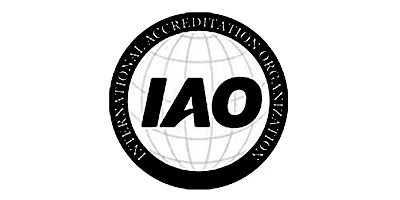
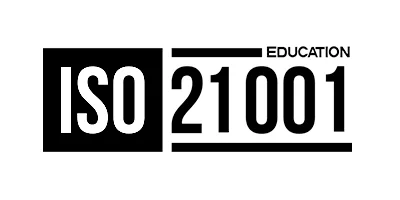
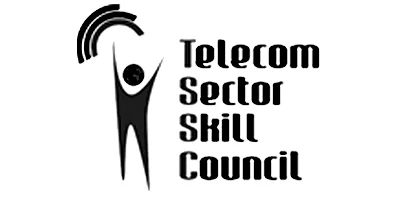
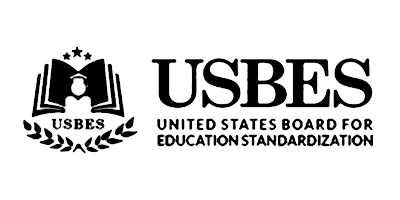
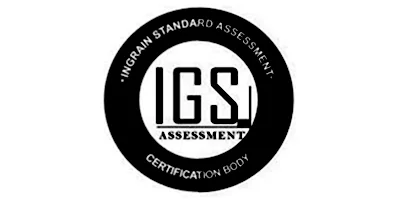

Related Courses
At eCareerPluz, we are committed to offering a diverse range of training programs that cater to the needs of aspiring engineers and technology enthusiasts. Our related courses include:
Raspberry Pi Course
4.6 8.7K+
PIC Microcontroller Course
4.5 10.2K+
ARM Controller Course
4.7 9.0K+
Arduino ESP32 Course
4.8 11.5K+
Arduino Controller Course
4.9 13.0K+
Altium PCB Designer Course
4.4 7.8K+
Altium PCB Designer Course Course
4.8 12.4K+